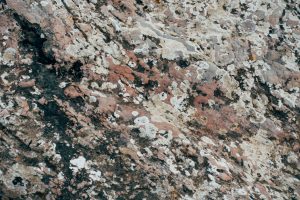
Countertops: Granite vs Quartz
If you came here from our Facebook, welcome! Like we explained there, today we’ll be taking a look at granite and quartz countertops as an alternative to marble. We’ll briefly discuss what the material is, what colors it’s available in and how to clean them so you’ll be able to make a more informed choice for future projects!
Granite

Photo by Markus Winkler on Unsplash
Granite is a natural stone mined from quarries. Very little is done to this material aside from cutting and shaping so the patterns and color of this countertop vary greatly from person to person (from earthy to jewel-like). Unlike marble, granite is less porous and so it’s more resistant to staining, especially with the addition of a sealer.
That being said, if spills are left too long, it will absorb them so be sure to clean the surface with mild soap and water. Also, while the natural beauty of granite is unmatched, if handled roughly, it will crack or chip.
With all of this in mind, it’s still a very good alternative for its resilience and unique beauty.
Quartz
Quartz countertops are man made and consist of crushed quartz, resin and other synthetic materials. The designs are entirely engineered, making them easier to match to if a portion of the counter gets damaged. They also come in a wide variety of colors, making color matching a breeze.
Unlike granite and marble, quartz stone is nonporous making it resistant to staining and cracking. This material does not need to be sealed and requires only a mild cleanser when it comes to cleaning and maintenance.
We hope reading this article shed some light on using granite and quartz as an alternative to marble! When the time comes for your next kitchen project, we’d love to help guide you in the right direction! Feel free to contact us anytime for a quote!
